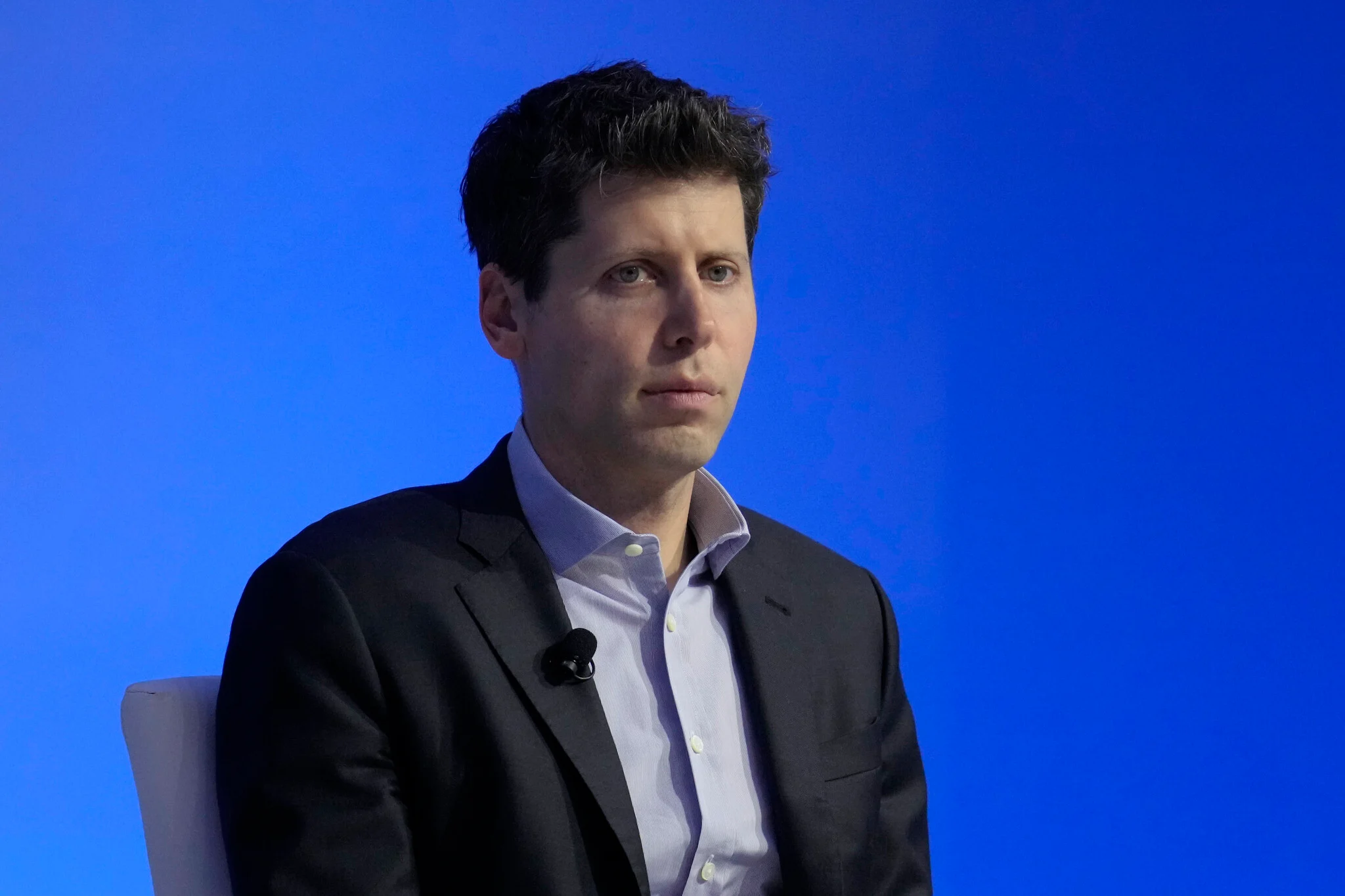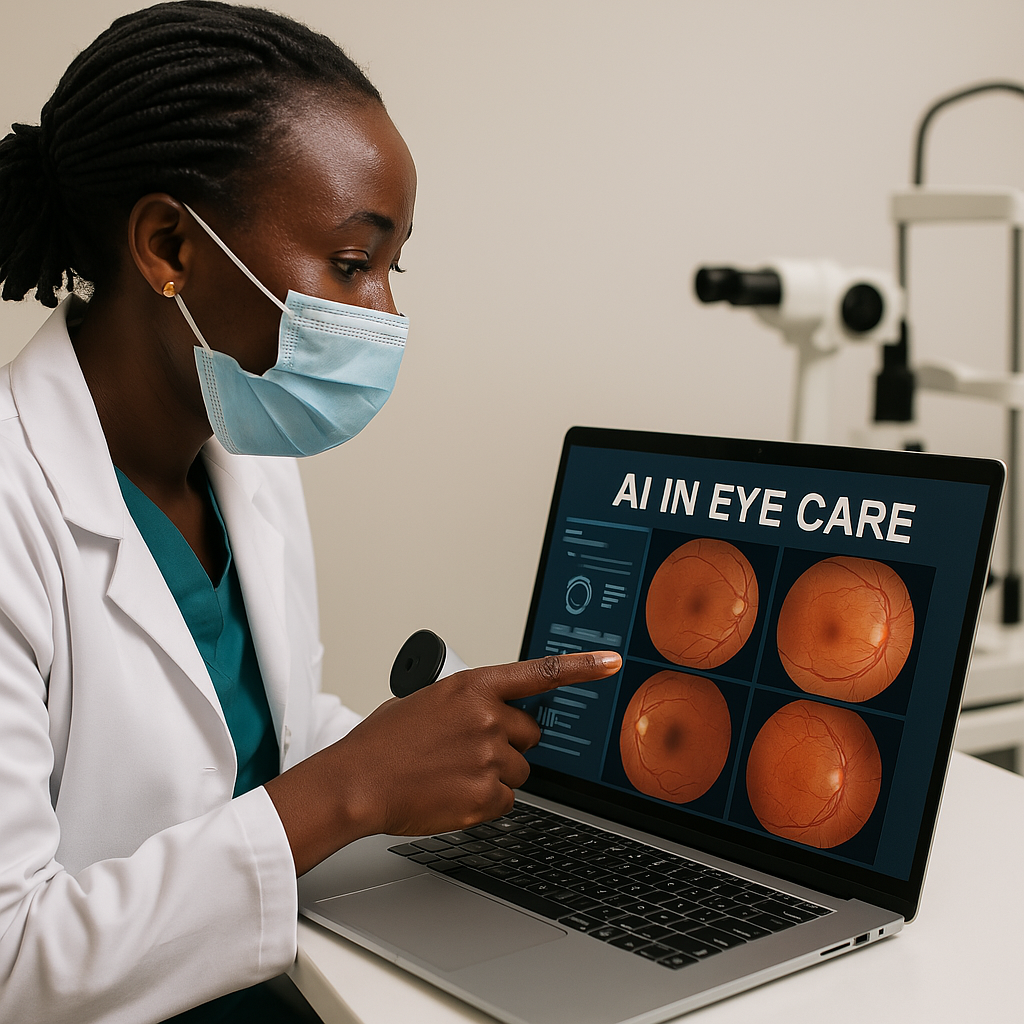Africa stands at a critical crossroads in its educational journey. While the continent boasts the world’s youngest population—with over 60% under age 25—its education systems face an unprecedented challenge that could either propel millions toward prosperity or leave them behind in an increasingly AI-driven global economy. The solution is neither optional nor negotiable: Africa must urgently invest in training its teachers to understand, use, and teach artificial intelligence.
The Stark Reality: A Continental Education Emergency
The numbers paint a sobering picture. According to UNESCO, sub-Saharan Africa faces a shortage of 17 million teachers by 2030. Meanwhile, student populations continue to surge, with enrollment expected to reach 444 million by the same year. This quantitative crisis is compounded by a qualitative one: many existing teachers lack access to basic digital tools, let alone understanding of AI technologies that are reshaping how the world learns and works.
Consider this: while students in Silicon Valley high schools are already using AI tutors and learning to prompt large language models, millions of African students are still studying without electricity or internet access. This isn’t just an infrastructure gap—it’s a knowledge chasm that threatens to create a permanent underclass in the global economy.
Why AI Teacher Training Isn’t Just Nice-to-Have—It’s Survival
The argument for AI literacy in African education extends far beyond keeping up with technological trends. It’s about economic survival and social justice.
Economic Imperative: McKinsey estimates that AI could contribute up to $1.2 trillion to Africa’s GDP by 2030, but only if the continent’s workforce is prepared. Teachers are the gatekeepers of this preparation. Without AI-literate educators, Africa risks becoming a consumer of AI technologies developed elsewhere rather than a contributor to innovation.
Educational Efficiency: Africa’s teacher shortage means that each educator must maximize their impact. AI tools can help teachers personalize learning for diverse student populations, automate administrative tasks, and access global educational resources. A teacher in rural Kenya equipped with AI tools can potentially deliver education quality comparable to their counterparts in Nairobi or beyond.
Future-Proofing Careers: The jobs of tomorrow will require AI literacy. From agriculture to healthcare, finance to creative industries, AI is becoming as fundamental as basic literacy. Teachers who understand AI can prepare students for careers that don’t even exist yet.
The Unique African Opportunity
Critics might argue that Africa should focus on basic educational infrastructure before embracing AI. This perspective, while understandable, is fundamentally flawed and potentially catastrophic. Here’s why Africa’s AI education journey could actually leapfrog traditional models:
Mobile-First Advantage: Africa leads the world in mobile money innovation and has the highest mobile penetration growth rate globally. AI education tools can piggyback on this existing infrastructure, reaching teachers in ways that traditional training never could.
Cultural Strength in Community Learning: African educational traditions emphasize collective learning and oral knowledge transfer. AI tools that support collaborative learning and multilingual education align perfectly with these cultural strengths.
Innovation Through Necessity: Africa’s resource constraints have historically driven remarkable innovation. Applied to AI education, this could result in more efficient, context-appropriate solutions than those developed in resource-rich environments.
A Practical Roadmap: What Needs to Happen Now
The path forward requires immediate, coordinated action across multiple fronts:
Government Leadership: African governments must treat AI teacher training as a national security issue. This means allocating substantial budget resources, creating AI education policies, and establishing partnerships with technology companies. Countries like Rwanda and Kenya are already showing leadership in this space, but the effort must be continental.
Partnership with Global Tech: Companies like Google, Microsoft, and emerging African tech firms must be held accountable for contributing to AI education on the continent. This isn’t charity—it’s building future markets and talent pipelines.
Curriculum Revolution: Teacher training curricula must be completely reimagined. New teachers should graduate with AI literacy as standard as traditional pedagogy. Existing teachers need intensive, practical retraining programs that show immediate classroom applications.
Infrastructure Investment: The foundation remains crucial. Reliable internet access, devices, and electricity are prerequisites for AI education. However, these should be deployed strategically to support AI-enabled learning from day one.
Learning from China: A Case Study in AI Education Transformation
China’s aggressive push into AI education offers both inspiration and a sobering warning for Africa. In 2017, China announced its ambition to become the world’s AI leader by 2030, and education became a central battlefield. The results have been remarkable and troubling in equal measure.
Chinese schools now routinely use AI for personalized learning, automated grading, and even monitoring student attention levels. The country has trained hundreds of thousands of teachers in AI applications, integrated coding and AI concepts into primary school curricula, and created AI-powered educational platforms serving over 200 million students. Major tech companies like Alibaba and Tencent have partnered with schools to provide AI tools and training.
The outcome? Chinese students are graduating with AI literacy levels that far exceed global averages, positioning China’s workforce for dominance in AI-driven industries. However, this success came with massive state investment, comprehensive teacher retraining programs, and a coordinated national strategy that treated AI education as a matter of national security.
For Africa, China’s example demonstrates both the scale of ambition required and the tangible benefits possible. More critically, it shows that countries and continents that delay this transformation risk being left behind not just technologically, but economically and strategically. China didn’t wait for perfect infrastructure or complete educational reform—it acted decisively while others deliberated.
The Cost of Inaction: A Lost Generation
The consequences of failing to act are severe and irreversible. Without AI-literate teachers:
- African students will enter a global job market fundamentally unprepared for its requirements
- The continent’s brain drain will accelerate as AI-educated individuals seek opportunities elsewhere
- Africa will become increasingly dependent on foreign technological solutions and expertise
- Economic inequality will deepen both within countries and globally
Perhaps most tragically, Africa’s rich intellectual traditions and diverse perspectives will be absent from the development of AI systems that will govern much of human activity. This represents not just an economic loss but a cultural and ethical catastrophe.
Beyond Crisis: Toward AI Leadership
The vision shouldn’t stop at avoiding crisis. Africa has the potential to lead global conversations about ethical AI, culturally responsive artificial intelligence, and technology that serves diverse populations. But this leadership requires teachers who understand AI deeply enough to guide students in shaping it rather than simply consuming it.
Imagine classrooms across Africa where students collaborate with AI to solve local challenges: developing drought-resistant crop varieties in Ghana, creating educational content in indigenous languages in Nigeria, or designing sustainable energy solutions in South Africa. This is possible, but only with teachers who can guide such innovation.
The Urgency of Now
The window for action is narrow and closing rapidly. Every year of delay represents another cohort of students unprepared for an AI-dominated future and another group of teachers falling further behind global standards.
Africa’s leaders, educators, and international partners must recognize that AI teacher training isn’t a luxury for when basic education is “solved”—it’s an integral part of solving Africa’s educational challenges. The continent’s young population represents its greatest asset, but only if equipped with the knowledge and skills that tomorrow’s world demands.
The choice is stark: train Africa’s teachers in AI today, or condemn millions of students to educational and economic irrelevance tomorrow. There is no middle ground, and there is no time to waste.
The future of African education—and Africa itself—depends on the decisions made in the next few years. The cost of action is high, but the cost of inaction is catastrophic.



